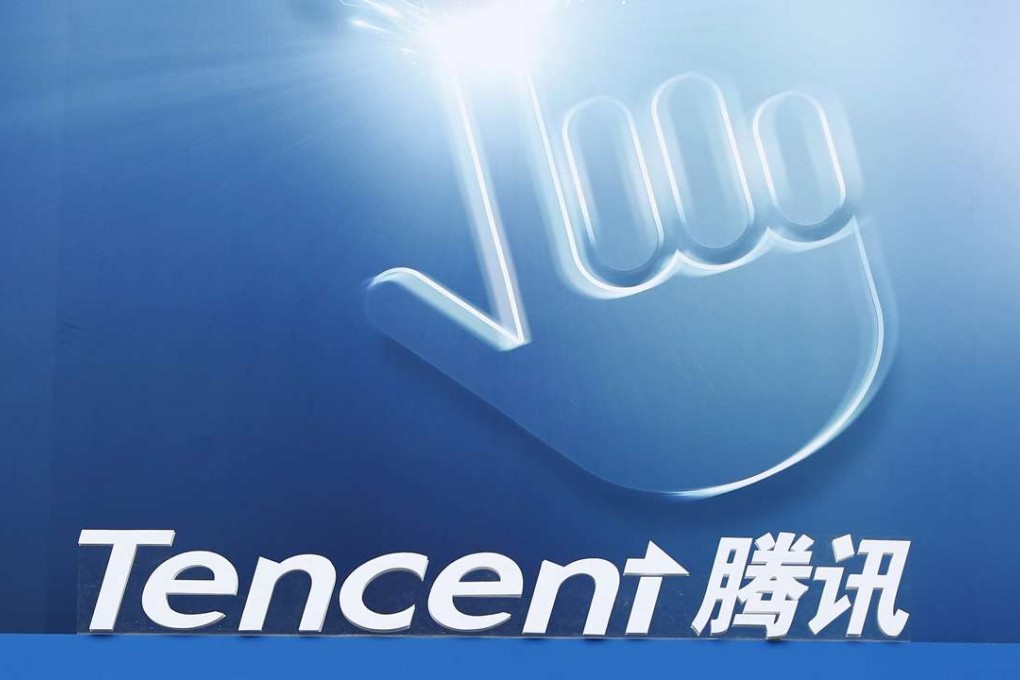Online data storage providers shut down in China as digital content crackdown continues
At least five online storage providers closed their services in March and April

A state-backed campaign against pornography and illegal publications in China has forced at least five online data storage providers to shut down their services in March and April, according to the companies affected.
That initiative has marked an apparent escalation of controls being implemented over online content on the mainland.
It was rolled out over the same period when Beijing Apple’s iTunes and The Walt Disney Company’s DisneyLife online media services were quietly closed under sweeping government regulations that have been in place since March covering the online publication of original or adapted “creative works”, such as games, videos and audio recordings.
The National Working Group Against Pornography and Illegal Publications said in March that online storage has become a major channel for spreading pornographic content and criminals sell storage accounts that stock the content.
The group was formed by 29 party and government departments, including the Chinese Communist Party’s publicity department and the State Council. It said it would carry out a comprehensive campaign against such illicit use of web storage services.